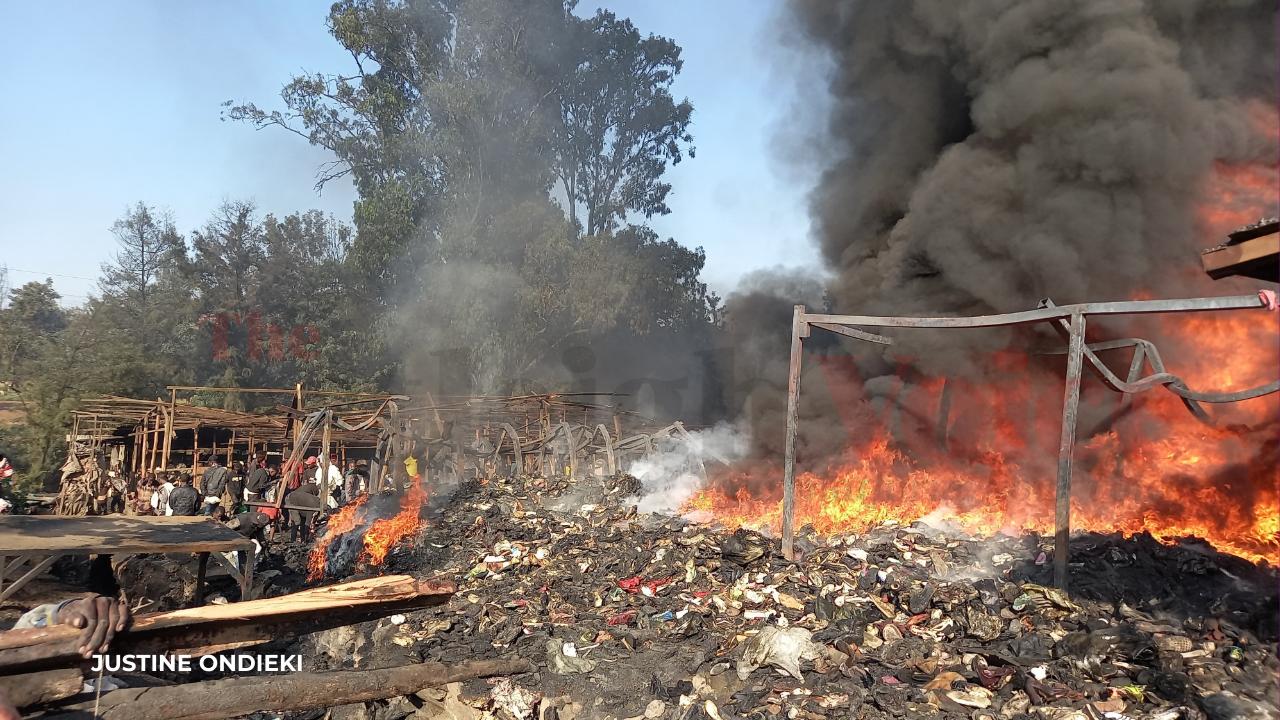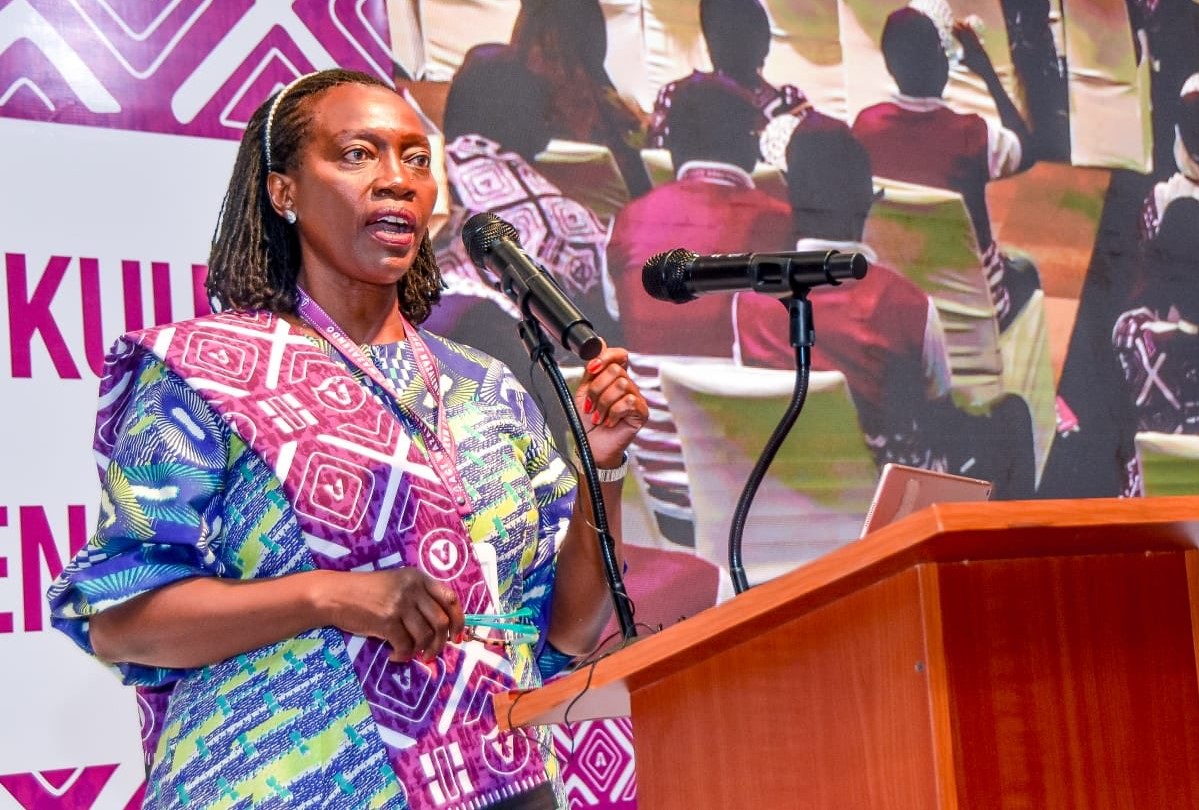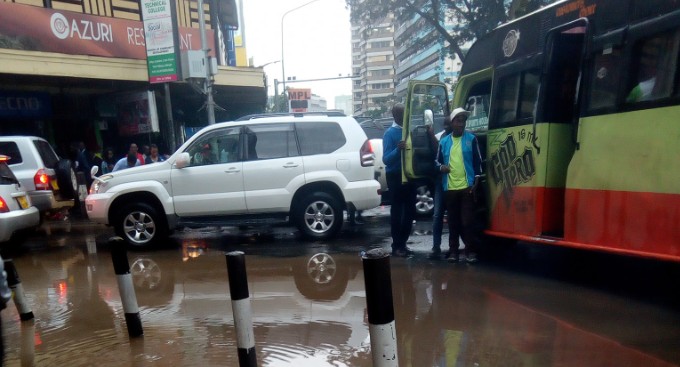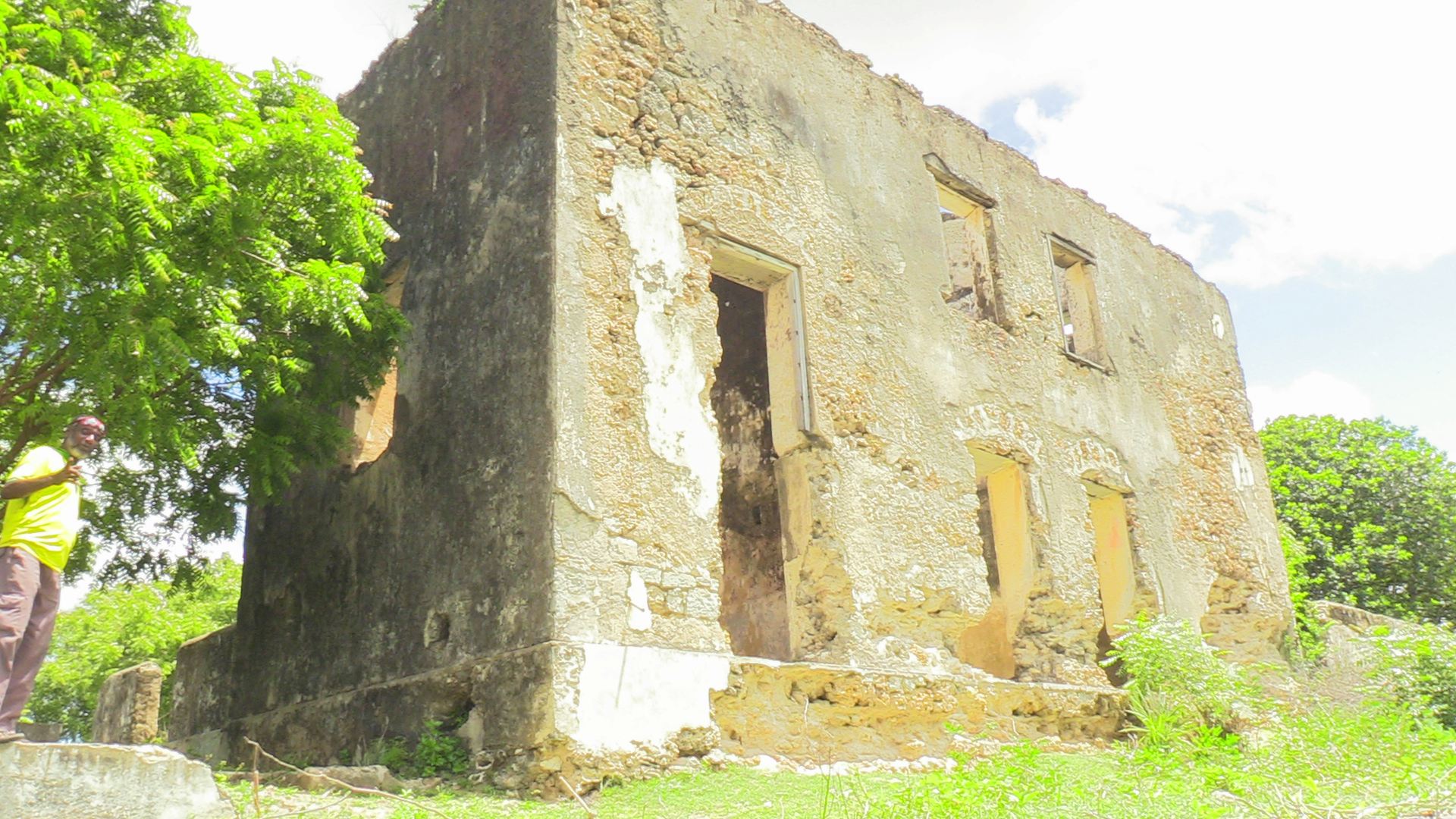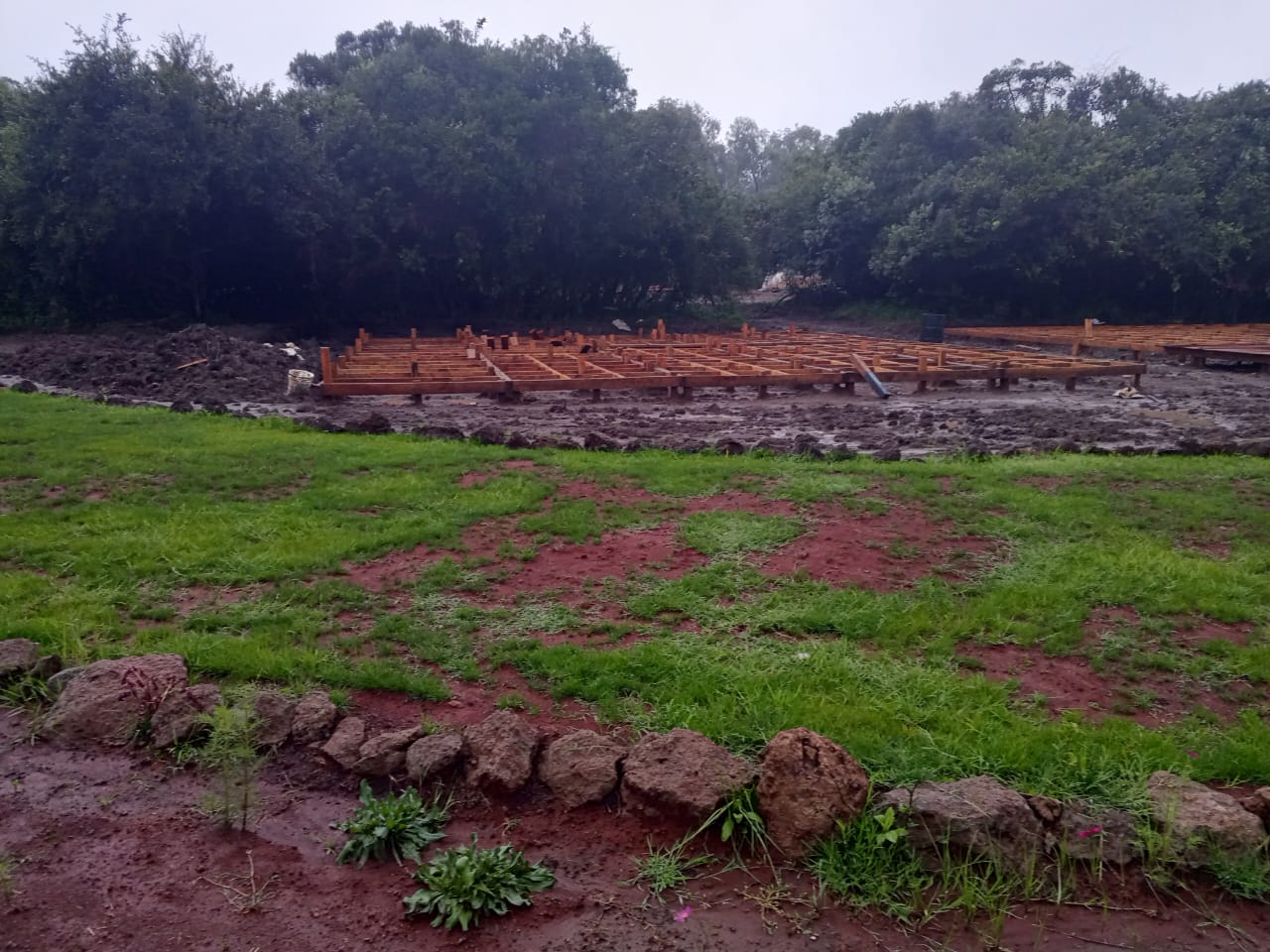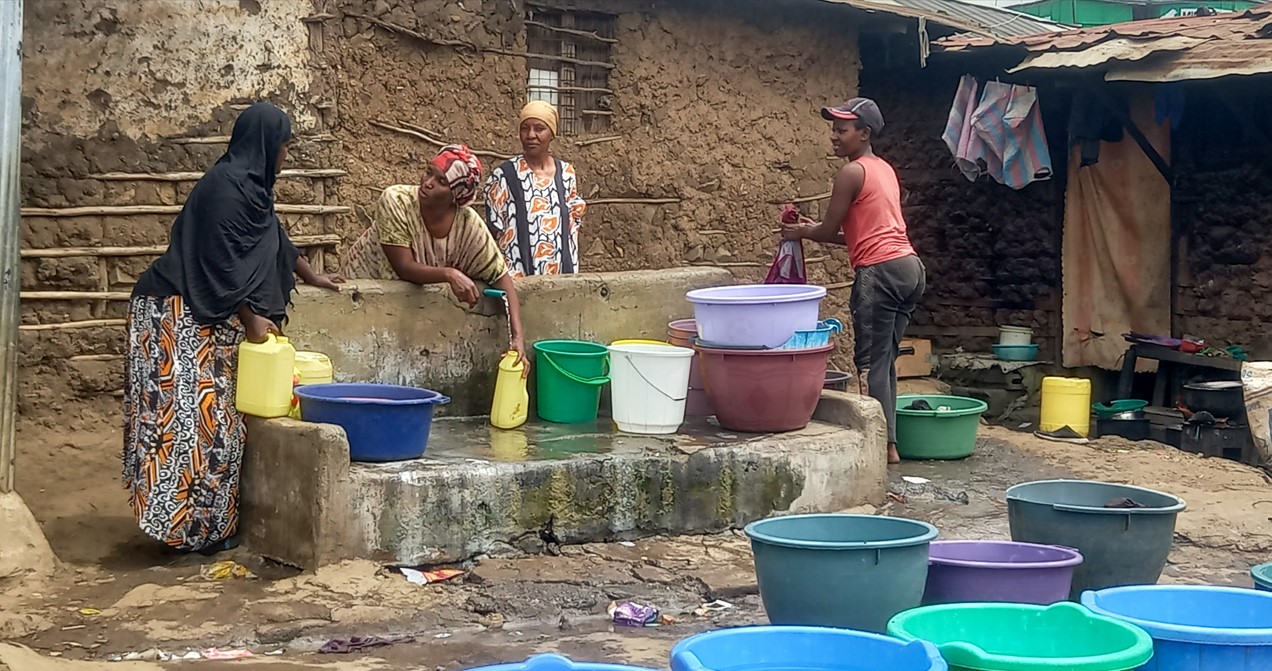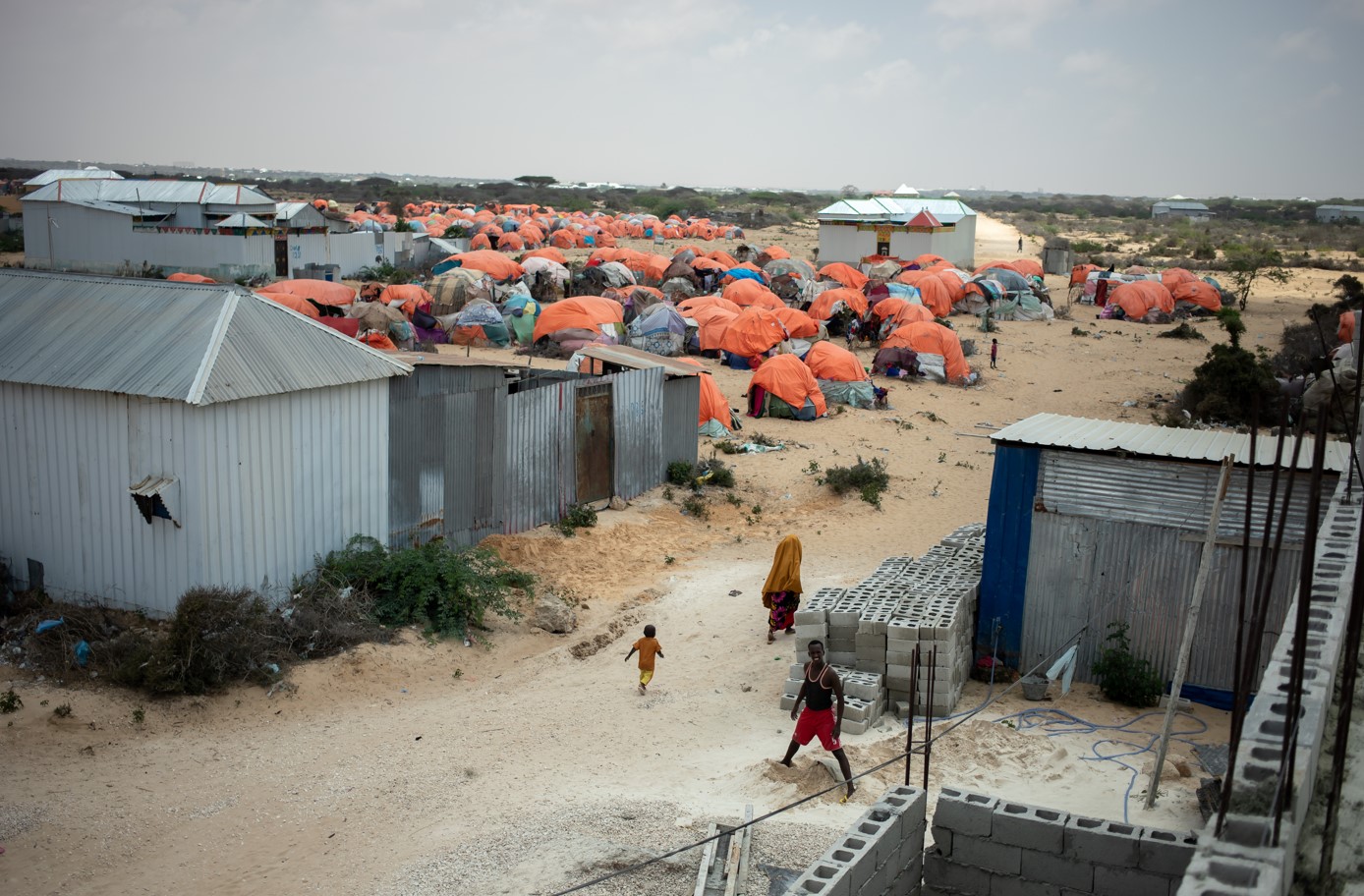IGAD raises alarm over rising migration and urban strain in the Horn of Africa
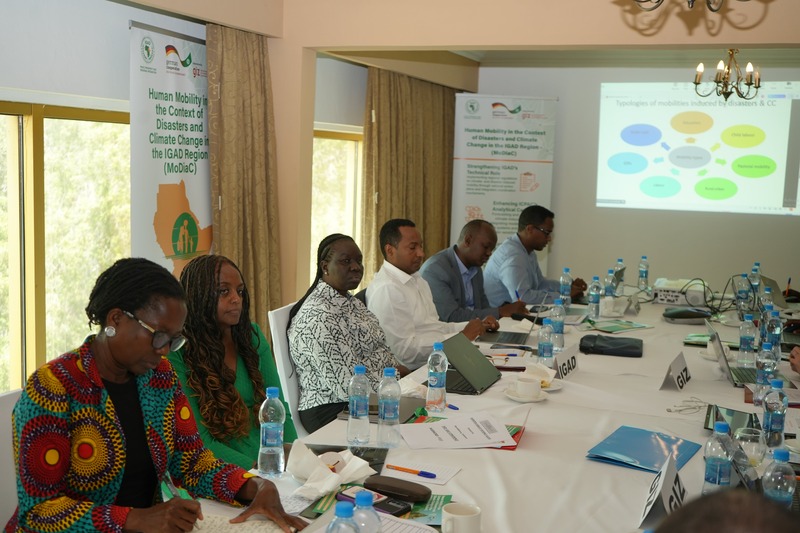
The organisation further noted that policy responses by governments, humanitarian, and development actors are often framed through a rural lens, and that there is a critical lack of data to track displaced populations in urban areas or to understand the full impact of displacement and migration on urban systems.
The Intergovernmental Authority on Development (IGAD) has raised concern over the increasing displacement and migration of people in its region, driven by conflict, climate change, and other emerging challenges, trends that are placing immense pressure on urban centres.
Ahead of its 4th Scientific Conference on Migration, Displacement and Urbanisation, IGAD notes that these movements—rural-to-urban migration, cross-border labour migration, internal displacement, and refugee inflows—are contributing to an unprecedented migration and refugee situation across its member states.
More To Read
- New AUC Chair faces old challenges as he seeks to rebuild trust with regional blocs
- UN, IGAD and EU condemn drone strikes on Port Sudan, warn of worsening humanitarian crisis
- South Sudan invites AU, IGAD chiefs for crisis talks amid fears of renewed conflict
- Kenya denies role in Sudan war, describes army's claims as politically motivated
- IGAD boss Dr Workneh calls for urgent support to stabilise Somalia at the Entebbe Summit
- Horn of Africa region records sharp increase in violent extremism attacks- IGAD report
“City authorities are often unprepared to respond to the influx of displaced households and the rising trend of rural-to-urban migration, given the many competing priorities they face,” the regional body observed.
“Many cities in the Horn of Africa are grappling with demographic growth and extreme inequalities. Despite this, they lack the financial and technical capacity to provide adequate basic socio-economic services and affordable housing for their expanding populations. Furthermore, national budget allocations often fail to account for population figures impacted by displacement and migration,” IGAD added.
The organisation further noted that policy responses by governments, humanitarian, and development actors are often framed through a rural lens, and that there is a critical lack of data to track displaced populations in urban areas or to understand the full impact of displacement and migration on urban systems.
At the same time, migrant and displaced populations often face difficulties integrating socially and economically, despite their tremendous potential to contribute to host communities, if adequately supported.
“It is against this backdrop that IGAD is organising the 4th Scientific Conference, with the aim of creating a platform for academics, practitioners, and policymakers to present their research. The expectation is that these studies will generate recommendations to inform evidence-based policy and practice across the region,” IGAD said in a statement.
To mitigate the negative impacts of population movements on development, IGAD emphasises the need to identify the specific needs of cities and provide tailored solutions. These would enable urban centres to effectively support migrant and displaced populations while unlocking the economic and social contributions they can offer.
The upcoming summit, to be held in Addis Ababa, will bring together scholars, researchers, policymakers, and development practitioners to examine the complex interlinkages between migration, displacement, and urbanisation, and their impact on sustainable development across the IGAD region.
The conference is expected to produce actionable recommendations to support evidence-based policymaking at both national and regional levels.
Top Stories Today

